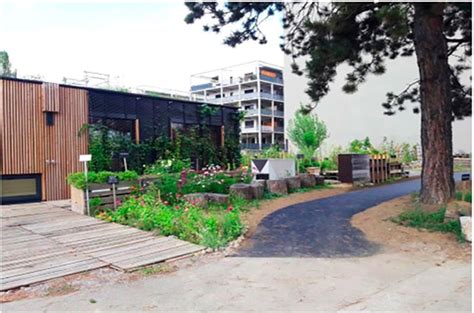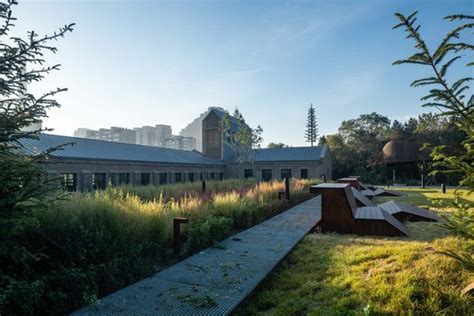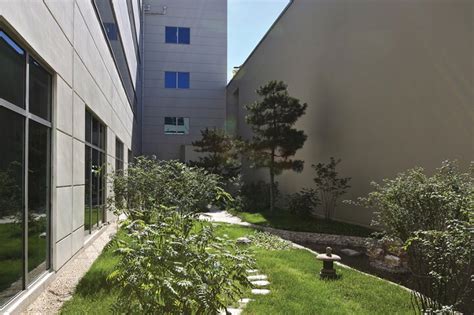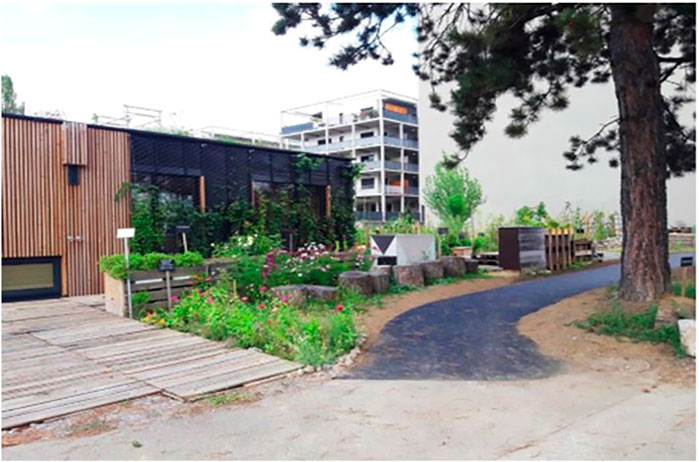In the hustle and bustle of modern city life, the concept of an urban escape has gained immense popularity, offering city dwellers a much-needed retreat from their daily grind. This growing trend reflects a shift in the way people seek relaxation and rejuvenation, blending the convenience of city amenities with the tranquility of natural surroundings. As urbanization continues to rise, so does the need for accessible getaways that provide psychological and physical health benefits. From rooftop gardens to nearby countryside retreats, urban escapes are redefining leisure and impacting local economies and communities. This article explores the reasons behind this phenomenon, the benefits it offers, current trends, and how urban escapes are poised to evolve in the future.
Explore this topic thoroughly with ritarblog.com
1. Rising Popularity of Urban Escape: Reasons and Demographics
The surge in popularity of urban escapes is directly linked to the fast-paced nature of modern life and the mounting pressures of city living. As cities grow and daily schedules become more demanding, individuals are actively seeking ways to harmonize the demands of work with the need for relaxation and mental renewal. This trend has resulted in a growing demographic eager for urban escapes, encompassing everyone from young professionals to families and retirees.
The growing popularity of urban escapes stems primarily from the yearning for quick and accessible getaways without the need for extensive travel. These escapes provide a convenient way for individuals to disconnect from their routines and immerse themselves in nature or peaceful environments, all within the city limits. Furthermore, the rise of remote work has fostered greater flexibility, making short and spontaneous getaways more attainable for a wider range of people.
Urban escapes attract a diverse demographic, particularly those in large cities with limited access to nature. Millennials and Gen Z, prioritizing wellness and work-life balance, are drawn to these experiences. However, the trend extends beyond younger generations, with older individuals seeking respite from the urban hustle, demonstrating its widespread appeal across age groups.

2. Psychological and Physical Health Benefits of Urban Escapes
Urban escapes are becoming increasingly important in modern life, offering significant psychological and physical health benefits. These short getaways provide a much-needed respite from the constant stimulation and pressures of urban environments. By immersing themselves in nature or tranquil settings, individuals can reduce stress, improve mental clarity, and elevate their overall mood. These experiences promote mindfulness and reflection, essential for maintaining mental well-being in our fast-paced world.
Urban escapes foster more active lifestyles, benefiting physical health in numerous ways. From leisurely strolls through city parks to invigorating hikes in natural reserves, these escapes encourage participation in outdoor recreational activities. This physical activity is crucial for maintaining cardiovascular health and overall fitness. Moreover, time spent outdoors has been associated with enhanced immune function and improved sleep patterns, both of which are fundamental to long-term well-being.
Urban escapes offer a unique blend of mental relaxation and physical activity, providing a much-needed counterbalance to the sedentary and stressful nature of city life. This holistic approach to well-being makes urban escapes more than just a trend; they are an essential practice for maintaining a healthy and balanced life in our increasingly urbanized world.

3. Trends in Urban Escape Destinations and Activities
City dwellers are increasingly seeking escapes from their urban lives, with preferences evolving rapidly. One noticeable trend is the growing popularity of green spaces within cities. Rooftop gardens, urban farms, and community parks offer accessible nature retreats, allowing residents to enjoy the benefits of nature without leaving the city. These spaces not only provide a peaceful escape but also foster sustainability and environmental consciousness.
A burgeoning trend sees the rise of nearby natural reserves and countryside retreats, easily accessible from urban centers. These destinations provide city dwellers with opportunities to engage in outdoor pursuits such as hiking, cycling, and camping, fostering a deeper connection with the natural world.
The travel landscape is evolving, showcasing a growing preference for wellness-focused experiences. Yoga retreats and meditation sessions are attracting travelers seeking inner peace and rejuvenation. Meanwhile, eco-friendly accommodations, prioritizing sustainability and relaxation, are becoming increasingly popular. On the other hand, adventure-seekers are drawn to dynamic activities like urban climbing walls and kayaking in city rivers, craving adrenaline-pumping experiences.
These trends underscore a shared yearning to forge a deeper connection with nature, elevate well-being, and achieve equilibrium within the urban environment, thereby influencing the evolution of urban retreats in contemporary cities.

4. Impact of Urban Escapes on Local Economies and Communities
Urban escapes significantly influence local economies and communities, fostering both economic growth and social cohesion. The rising popularity of these getaways fuels demand for local businesses, including cafes, hotels, wellness centers, and outdoor activity providers. This surge in tourism and local engagement not only boosts revenue but also generates job opportunities, thereby contributing to the economic stability of the region.
Moreover, urban escapes foster the creation and protection of green spaces and natural areas. Communities value these environments for their ability to draw visitors, leading to increased investment in urban planning and sustainable practices. This ultimately enhances the quality of life for both residents and visitors.
Urban escapes can strengthen community bonds by fostering a shared sense of purpose. These spaces, whether community gardens or public events in parks, bring people together through local initiatives. This promotes social interaction and contributes to collective well-being.
Urban escapes offer a dual benefit: they provide individuals with a much-needed respite, while simultaneously bolstering local economies and strengthening community bonds.
ritarblog.com

